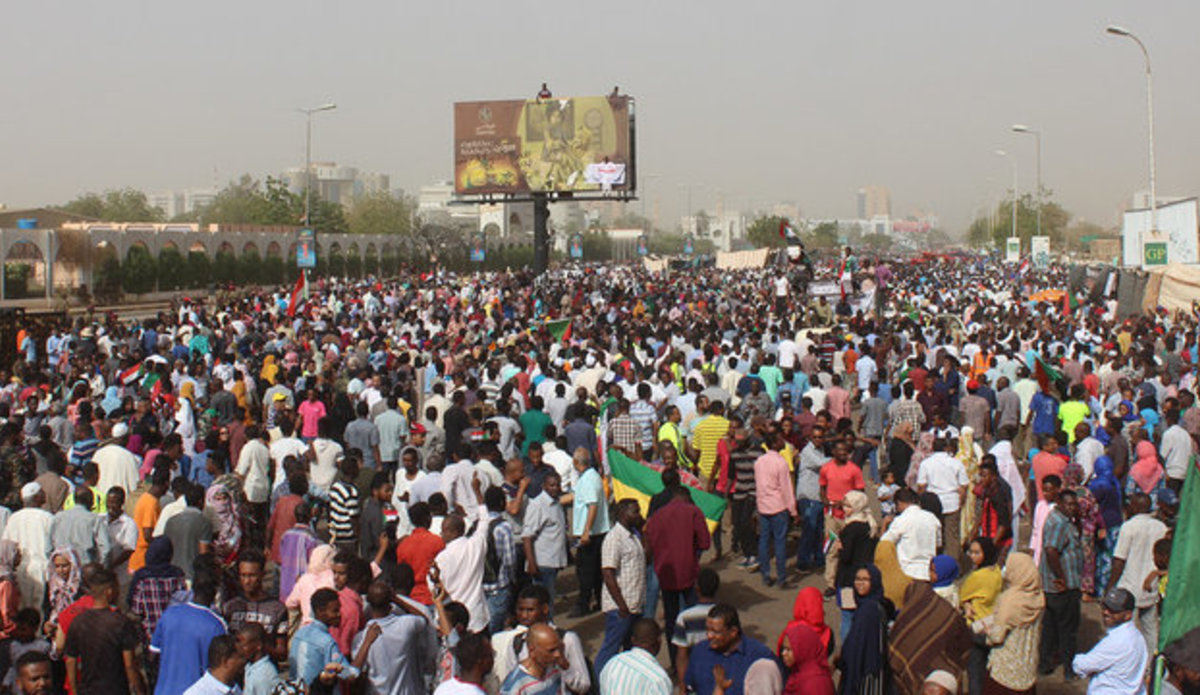Briefing to the Security Council on Sudan by Under-Secretary-General for Political and Peacebuilding Affairs Rosemary A. DiCarlo
Thank you, Mr. President, for the opportunity to brief the Security Council on the way forward for the United Nations engagement in Sudan.
Six months after the establishment of the Transition, Sudan continues to face significant challenges.
Sudan’s political fragility has been brought into focus with recent protests by elements affiliated with the former regime, as well as by security incidents like the mid-January protest of former intelligence operatives that led to violent confrontations in Khartoum. USG Lacroix has already mentioned the assassination attempt against Prime Minister Hamdok.
The humanitarian situation in the country remains worrisome. The number of people who need humanitarian assistance across Sudan increased from about 8 million to 9.3 million by the end of 2019. Needs are largely driven by a deepening economic crisis.
Structural flaws in Sudan’s economy have driven up the rate of inflation and hampered Sudan’s ability to import needed commodities. This has directly affected Sudan’s population, with people facing long lines for bread and petrol due to shortages of wheat and fuel. Last week, Prime Minister Hamdok warned that the transition could collapse without quick economic support.
With the risk of a wider spread of COVID-19 in Sudan, the economic challenges could worsen. The Secretary-General has encouraged the World Bank and the International Monetary Fund to show flexibility in granting Sudan exceptional access to financial instruments established to assist developing countries respond to the challenges of COVID-19.
The situation in Sudan is clearly dire and the need for support is real and urgent. Prime Minister Hamdok has written twice to the Secretary-General to ask for the establishment of a political and peacebuilding mission that would support Sudanese efforts to overcome specific challenges. When I visited Khartoum in February, the Prime Minister and key stakeholders in the country, including civil society groups, conveyed a similar request to me.
As a response to these requests, Mr. Nicholas Haysom, the Special Adviser of the Secretary-General on Sudan, was deployed to Khartoum in early March and has been working tirelessly to provide political support and to advocate with major international partners the need to generate as much assistance as possible for Sudan as soon as possible.
In parallel, we have been working on planning the future Mission. In the Special Report submitted on 12 March to the Security Council, the Secretary-General and the Chairperson of the African Union Commission recommended the establishment of a follow-on presence with a Sudan-wide mandate. The mission’s objective would be to support Sudan in successfully completing its transition. It would provide an effective response to the support needs outlined by Prime Minister Hamdok in his two letters to the Secretary-General. These include:
- Supporting the achievement of the political benchmarks contained in the Constitutional Declaration;
- Supporting the implementation of peace agreements in the conflict-affected areas;
- Supporting national-led peacebuilding and the strengthening of human rights and rule of law institutions;
- Facilitating international support for economic reforms setting Sudan on a path to sustainable development.
The protection of civilians is also an area of focus. We believe that it requires a comprehensive approach in order to be effective in the long-term. Therefore, it will be an integral part of our peacebuilding efforts in Sudan. It is crucial that we work closely with Sudanese authorities and that we assist them in discharging their protection responsibility.
Besides seeking an integration of the Mission and the UN Country Team under a single leadership, we envisage a future UN presence that is lean, effective and innovative in employing and coordinating resources across the United Nations system. Gender equality and the implementation of the women, peace and security agenda, will be a strong cross-cutting priority.
Mr. President,
Given the urgent need to establish as soon as possible a presence on the ground to support the transition, USG Lacroix and I have instructed a team of UN colleagues to lead a multi-disciplinary inter-agency planning exercise over the coming weeks. This team will develop a framework for the future UN presence in Sudan, based on the guiding principles contained in the Special Report. We have also conveyed to the African Union Commissioner for Peace and Security an invitation for the African Union to join the planning exercise as a key partner.
As our team has been unable to travel to Sudan because of restrictions imposed following the outbreak of COVID-19, we decided to launch the planning exercise of the future Mission from New York, with members of the team convening in virtual format from their respective locations, including New York, Khartoum, Addis and elsewhere. The team is expected to physically deploy to Sudan as soon as the situation allows in order to refine and validate the outcome of the planning exercise with key Sudanese stakeholders including the Transitional Government of Sudan, civil society organizations, political parties, women and youth groups.
Mr. President,
We should do everything we can to support the transition and the Sudanese people in addressing the existing challenges. I trust we all share this sense of urgency and collective responsibility to enable the success of the truly historic transition in Sudan. The Secretary-General attaches utmost importance to this endeavor and looks forward to working closely with the Security Council to make that happen.
I thank you, Mr. President.

